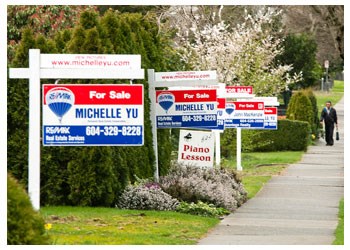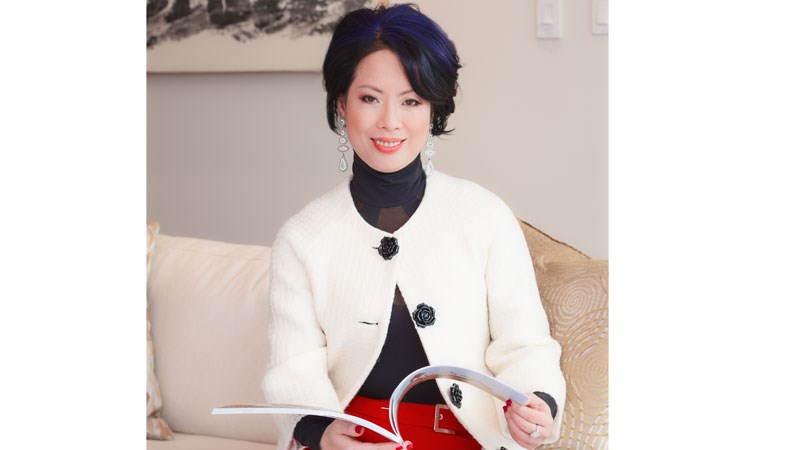A provincial government statement that only 3% of B.C. residential sales are made to foreign buyers and that Chinese nationals represent just 2.5% of Metro Vancouver home buyers drew rolling eyeballs and outright laughter at the packed Asia Real Estate Association of America (AREAA) conference in downtown Vancouver.
“No. Absolutely not,” said an incredulous Byron Burley, Shanghai-based vice-president of Chinese-language juwaii.com, China’s largest foreign residential real estate search engine. “It is way, way higher than that.” Burley noted that millions of Chinese nationals use his site, which has from 3,000 to 5,000 residential listings from British Columbia at any time.
“My intuition says it has to be much higher [than 3%]” said Michael North of the Asia Pacific Network Foundation, “just based on the number of people and the number of deals being done at this conference.”
North, COO of Hawaii-based Pacific Royalties, which specializes in linking North American real estate with Asian buyers, had just finished telling the conference that “a next wave of Chinese buyers” were about to crash into the Vancouver market. “The roll out is accelerating,” North said, citing the recent expansion of China’s Qualified Domestic Institutional Investor program that encourages wealthy residents of China to invest in foreign real estate and stock markets.
“I would like to know where the B.C. government is getting their statistics,” said North, who estimated “at least 10%” of Metro Vancouver home buyers are foreign nationals.
Finance Minister Mike De Jong said the information was based on residential sales during a near three-week period in June, which began as the province began tracking the addresses of all buyers for the first time. According to De Jong, there were 10,148 transactions between June 10 and 29 throughout B.C., half of which was in the Lower Mainland. Only 337 of those sales – 3.3% – involved foreign nationals.
“That is a very small sample,” said Tina Mak, a Vancouver real estate agent and president of AREAA Vancouver. “That is the problem. No one has hard data.” Mak said she suspects that foreign buyers, particularly from Asia, represent a higher percentage in Metro Vancouver than the government data suggests. “But no one really knows.”
 Vancouver real estate agents were less cautious in their response to the government data. “I would say 50% of house buyers, maybe 60% [are foreigners],” said Eve Chuang of Macdonald Realty.
Vancouver real estate agents were less cautious in their response to the government data. “I would say 50% of house buyers, maybe 60% [are foreigners],” said Eve Chuang of Macdonald Realty.
Chuang, and other agents at the AREAA conference – whose tag line was “Asia’s impact on Canadian real estate” - said it is not the nationality of the buyer but the source of the capital that is important. Money from China can be simply transferred to a relative with an address in Vancouver, who then acts as the buyer, the real estate agents explained.
North said, on larger transactions such as multi-family buildings, a Chinese national can open a Vancouver office. “Name the company Maple Leaf Enterprise and hire Joan Smith to head it. Suddenly you’re a Canadian investor. Actually, that would be a good way to go if you’re a long term investor.”
Burley agreed that is common for Chinese nationals to use local residents or companies as proxies when purchasing foreign real estate. But how many? “I have no idea,” Burley said, “I don’t think anyone does.”



